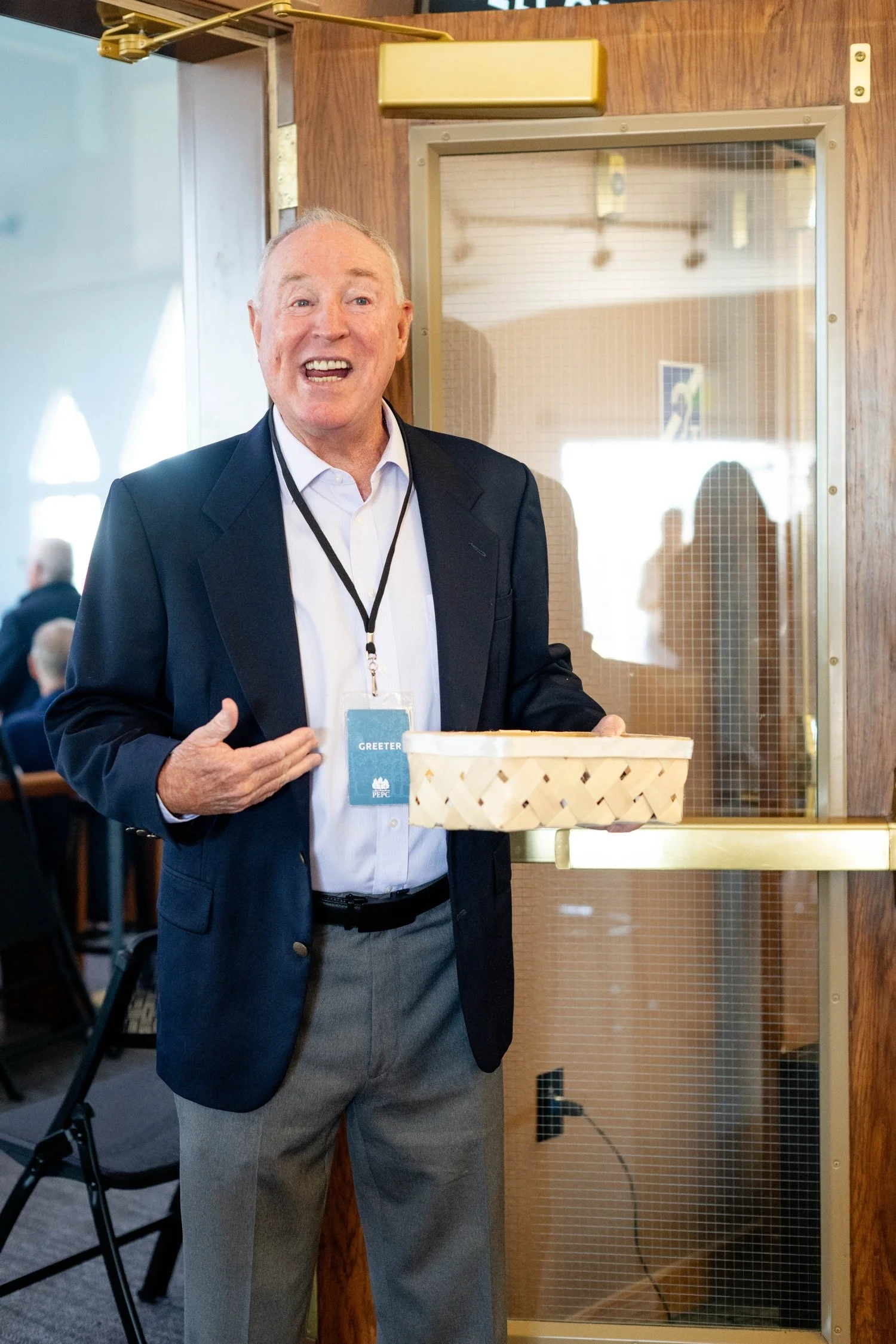Readings for today: Nahum 1-3, Psalms 132
Every day I try to read the news. I scan the headlines from the BBC to CNN to FoxNews. I read the Wall Street Journal and the New York Times. I keep up with breaking news on Twitter. It’s not easy. The headlines are often heartbreaking. Most of the time, I have to wade through all sorts of disinformation. Truth is in scarce supply these days. Not only that but every single article seems to cry out, “there is no god!” After all, how could a righteous God allow such political corruption to exist? How could a good God allow such human suffering? How could a just God allow tyrants to sit on thrones? How could a compassionate God allow things like life-threatening poverty while others live in luxury? If I dwell on these things too long, I start to lose hope. The forces arrayed against the righteous in this world seem so strong and my faith is so weak. That’s why reading a book like Nahum is so important.
In Nahum’s day, Assyria was the dominant world power. She had conquered the nations around her with absolute ruthlessness and cruelty. Just over one hundred years prior to Nahum’s prophecy, Assyria had destroyed the northern kingdom of Israel, literally wiping her from the map. Jonah had been sent to Nineveh about 15 years after the destruction of Israel to preach revival but the fires his preaching kindled had clearly gone out. Assyria was back on the warpath. As she rampaged through the Middle East, it must have been hard not to be afraid. It must have been challenging to maintain faith. It probably felt like the future was bleak at best. After all, Assyria had no rivals left. No one powerful enough to check her power.
Nahum, however, is not fooled. He knows God reigns sovereign over the nations. He knows God rules the world with justice. He knows God will bring His righteous judgment in due time. I love how Nahum puts it, “The Lord has issued an order concerning you: There will be no offspring to carry on your name. I will eliminate the carved idol and cast image from the house of your gods; I will prepare your grave, for you are contemptible. Look to the mountains — the feet of the herald, who proclaims peace. Celebrate your festivals, Judah; fulfill your vows. For the wicked one will never again march through you; he will be entirely wiped out.” (Nahum 1:14-15 CSB) What a great reminder that God is in control. No matter how bleak things may seem, God is at work to bring about His will. He simply will not let this world go. He loves it - and He loves us - far too much to walk away.
As you engage the world around you, don’t give into fear. Don’t let despair set in. God is still in charge after all these years and God will bring His will and His way to pass. Our job is simply to trust.
Readings for tomorrow: Habakkuk 1-3, Psalms 133




